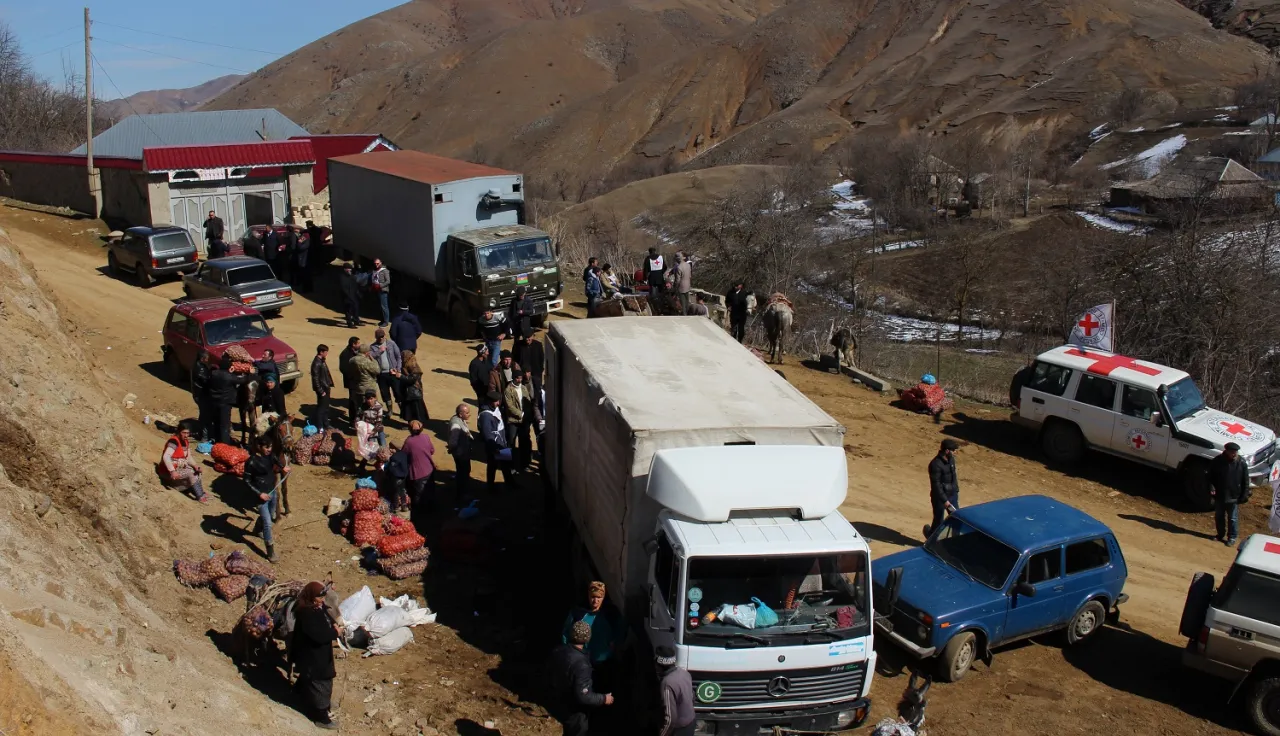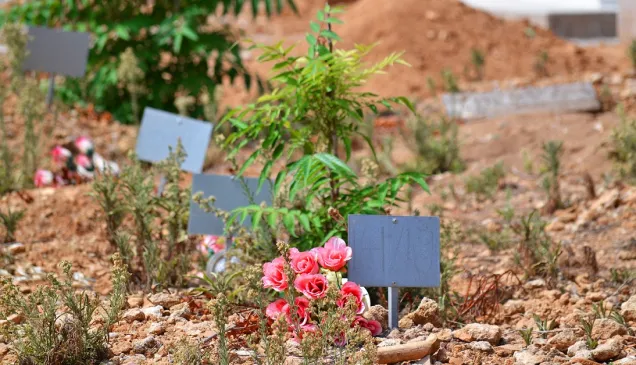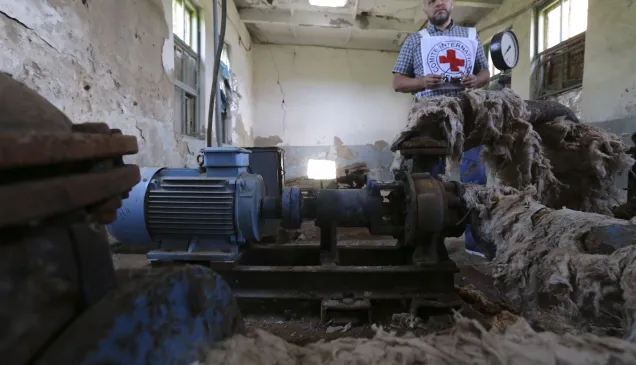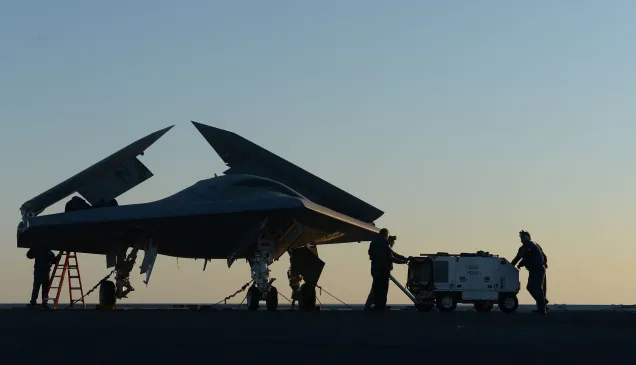The ICRC continued its operations in Azerbaijan during the first half of 2018 to deliver humanitarian assistance to those who are affected by the Nagorno-Karabakh conflict. Activities related to humanitarian protection, economic security and water and habitat were carried out in communities located along the line of contact and international border Armenia. Approximately, 3,000 individuals benefited from the ICRC's neutral intermediary role from January to June in 2018.
The ICRC continues its close collaboration with authorities to bring answer to families of more than 4,500 persons missing in relation to the conflict. For this purpose, more than a thousand biological reference samples were collected from the relatives of missing persons to preserve vital data to be used in future for identification purposes.
Besides, the ICRC continues its activities aimed at delivering psycho-social support to those who still seek an answer on the fate or whereabouts of loved ones.
To increase residents' resilience to weapon contamination in affected communities, series of briefings on safer behavior and preparedness were carried out – 275 mine risk awareness and safer behavior posters were distributed.
The ICRC also continued implementing projects aimed at improving access to water in communities located in exposed areas. More than 600 persons benefited from various projects in this direction.
Collaboration with the Azerbaijan Red Crescent Society continued to develop in the first half of 2018. As a result of carried out activities, four Emergency Mobile Volunteer Teams from frontline communities were restructured, trained and equipped with emergency response items.
Highlight of our work in Azerbaijan during the first half of 2018:
- 3,000 individuals benefited from the ICRC's neutral intermediary role facilitating civilians' safer access to exposed fields to plant, harvest and repair vital infrastructure objects.
- 1,033 biological reference samples related to 372 missing persons were collected from their relatives to facilitate future identification of exhumed remains.
- 875 relatives of missing people drew psychological support from commemoration events and individual home visits.
- 649 individuals from 11 communities increased resilience to weapon contamination through briefings on preparedness and safer behavior.
- 601 individuals restored or improved their access to water with the ICRC support in upgrading the water supply infrastructure.




